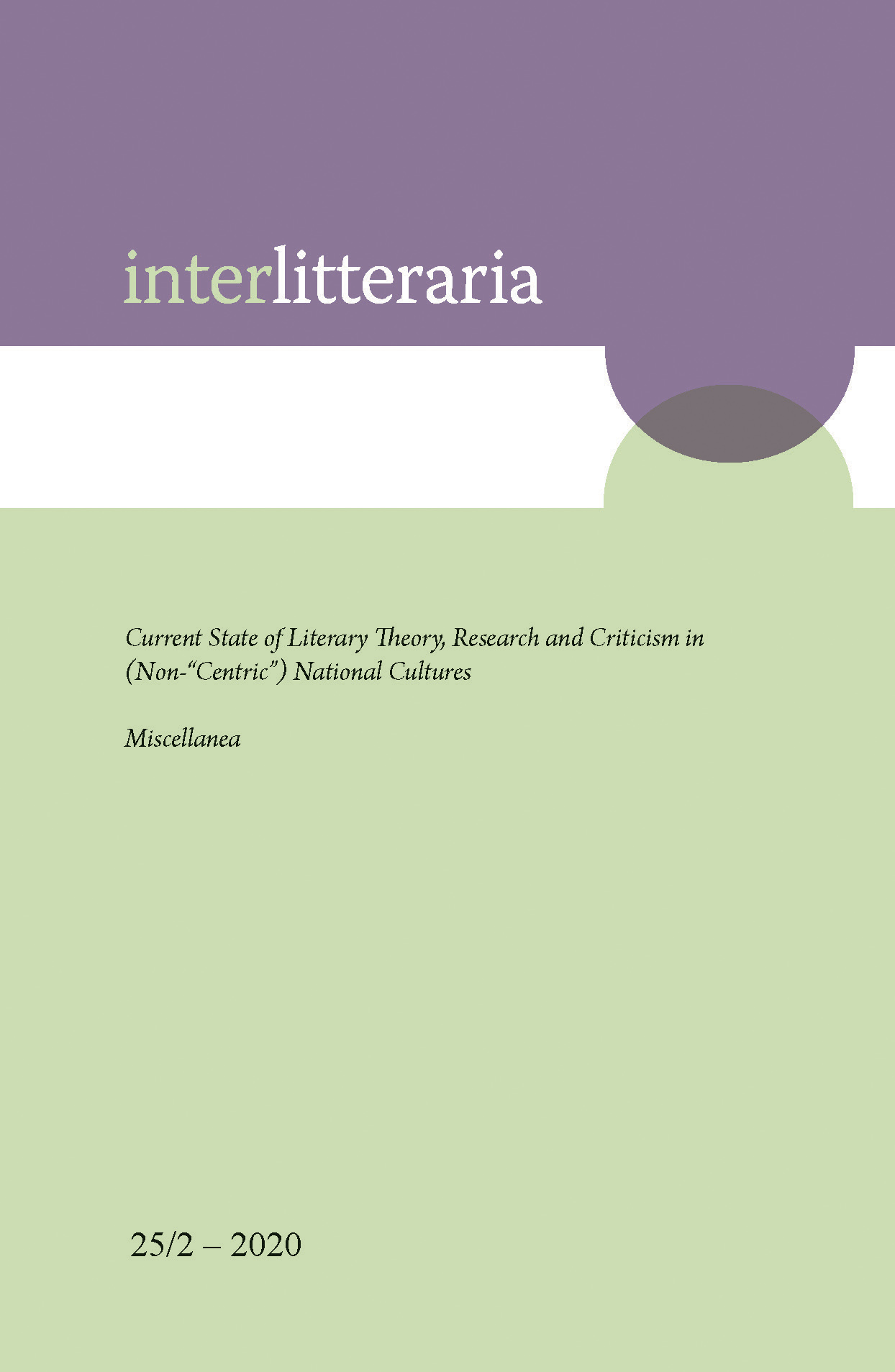Understanding Currents and Theories in Indian and African Postcolonial Literature: Themes, Tropes and Discourse in the Wider Context of Postcolonialism
DOI:
https://doi.org/10.12697/IL.2020.25.2.10Keywords:
postcolonialism, transnationalism, identity, diasporaAbstract
The postcolonial narratives we see today are a study in contrast and tell a different tale from their colonial predecessors as minorities and individuals finally have found the voice and position to tell their stories. Histories written about our culture and societies have now found a new purpose and voice. The stories we have passed down from generation to generation through both oral and written histories, continue to morph and change with the tide of time as they re-centre our cultural narratives and shared experiences. As a result, the study of diaspora and transnationalism have altered the way in which we view identity in different forms of multimedia and literature. In this paper, the primary question which will be examined is, how and to what extent does Indian post-colonial literature figure in the formation of identity in contemporary art and literature in the context of ongoing postcolonial ideas and currents? by means of famous and notable postcolonial literary works and theories of Indian authors and theoreticians, with a special focus on the question and notion of identity. This paper works on drawing parallels between themes in Indian and African postcolonial literary works, especially themes such as power, hegemony, east meets west, among others. In this paper, European transnationalism will also be analysed as a case study to better understand postcolonialism in different contexts. The paper will seek to explore some of the gaps in the study of diasporic identity and postcolonial studies and explore some of the changes and key milestones in the evolution of the discourse over the decades.
Downloads
Downloads
Published
Issue
Section
License
The contents of Interlitteraria are published under CC BY-NC-ND licence.


